Common Causes Of Tyre Damage And How To Avoid Them
Learn about the common causes of tire damage, including potholes, overloading, and improper inflation, and discover practical tips to avoid costly tire issues.
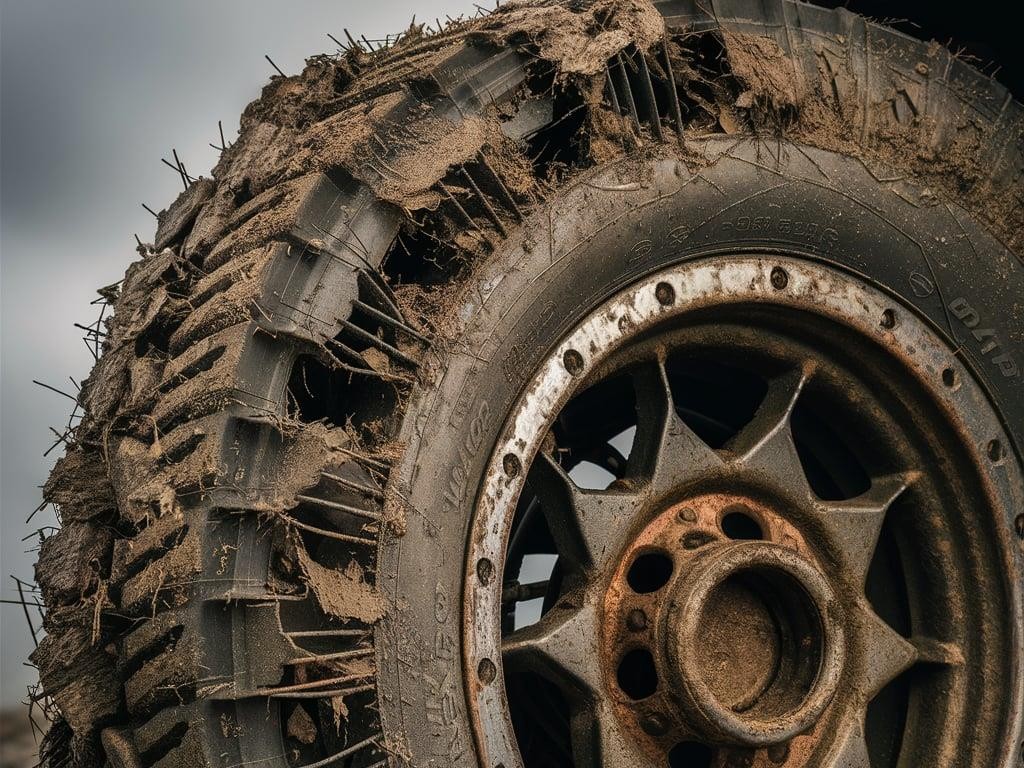
The tires of a car can be damaged by a number of factors. Taking proper care of your tires is crucial since they are the only component in direct contact with the road; if they are misaligned, the vehicle will suffer the consequences. You will therefore be more aware and cautious if you are aware of the typical causes of tire deterioration. No matter how old your tires are, damage can still occur, so it's important to check them frequently and before taking a long trip. You ought to check the tread, tire pressure, and any wear and tear.
Types Of Tyre Damages And Their Causes
Tires are a vital component of a car because they keep the car and the road in contact. Damage to tires can take many different forms, and these damages can result in serious problems, including blowouts, flat tires, and even accidents. It is possible to take preventative action and ultimately save money by being aware of the various kinds of tire damage and its causes.
Punctures
The surface of the tire becomes punctured when an object penetrates it. It is the most typical kind of damage to tires. Rolling over sharp things like gravel fragments, glass shards, nails, and fissures in the road is the main source of this injury. If the puncture extends deep into your tread, the air pressure in the tire will decrease. When the air pressure gradually drops due to a sharp object implanted in the wound, punctures may occur slowly. A quick puncture causes the tire to lose air quickly, making the steering seem abnormally heavy. When this occurs, stop to prevent severe tire damage or collisions.
Incorrect tire pressure
Your tires have a far higher chance of tearing if they are not filled correctly. This occurs as a result of the air in the tire giving the tire structure and supporting the weight of the vehicle. When a tire is underinflated, it is more likely to break or detach from the wheel until it is flat. Tires that are overinflated are overly stressed and are more likely to burst under extreme circumstances, such as a hard collision with a pothole. Always keep your tires inflated to the recommended level to guarantee the longest possible tire life.
Tyre Cracking
Cracking is a common type of tire damage that can affect the tread and sidewalls of the tire. Tyre cracking is frequently caused by ageing, prolonged exposure to direct sunlight, or extremely high or low temperatures. Over time, the sun's UV radiation can break down the rubber components in tires, leading to cracking. Furthermore, temperature variations may cause the rubber to expand and shrink, increasing its susceptibility to cracking. To ensure the safety of your car, routine inspections and appropriate maintenance can help avoid tire splitting.
Curb Damage
Parking carelessly frequently results in damage to tires. For example, when parallel parking, if you come too close to the curb, you could see cuts and scuffs on the sidewall in addition to gashes on the tire itself. In certain instances, a blowout may result from hitting the curb too closely. Being extremely cautious when parking and making use of your car's camera and parking assist if equipped are the best ways to prevent this kind of tire damage.
Sidewall Damage
The portion of the tire between the rim and the tread is called the sidewall, which bears the weight of the car. When this portion gets damaged or degraded, sidewall damage happens. Numerous things, such as hitting curbs or other obstructions, running over debris, ageing, or general wear and tear, can damage sidewalls. Drive carefully when parking close to curbs and other objects to prevent damage to the sidewalls. You should also avoid driving through debris and obstacles. Keep an eye out for wear and tear on your tires, and replace them if they are old or worn out. It's crucial to have your tire professionally inspected if you see any sidewall damage. While damage could be repairable in certain situations, other situations call for a new tire.
Misaligned Tyres
A flat tire is not always the result of tire damage. Tires might deteriorate more quickly if they are not positioned correctly. Your tires may require replacement sooner as a result of the tread wearing out considerably more quickly on one side of them. You'll need to pay more for this. Therefore, make sure to have the alignment of your car examined on a regular basis.
Irregular tire rotation
One smart technique to keep your tires from getting damaged is to get them rotated on a regular basis. Each tire in your car will typically have a different amount of pressure since the weight distribution isn't balanced. By having them rotated, you can be assured that your tires can distribute the weight more equally, extending their lifespan and preventing premature problems.
Irregular tread wear
Tread wear is unavoidable because it develops gradually with tire use. This becomes challenging, though, if the tread on your tires is uneven. One side of your tire may wear out more quickly than the other, which could lead to early tire failure, shaky steering, decreased grip, and ineffective braking. Based on where it occurs on the tire, treadwear comes in different forms. These consist of:
- Centre Tread Wear: When the tread of your tire wears away more quickly in the centre than the edges, it is said to have centre tread wear. Overinflation could be the reason for this.
- Heel and Toe Wear: The reason for this is that the tread blocks wear down more quickly on one side than on the other across the same diameter.
- Camber Wear: Turning and cornering can become hazardous if the tread on one side of your tire is more worn than the other. Make sure you have your tires adjusted on a regular basis, since incorrect wheel alignment is frequently the cause.
Conclusion
To maintain your car's safety and performance, you must be aware of various kinds of tire damage and the reasons behind them. The best ways to avoid tire damage include cautious driving, regular inspections, and appropriate maintenance. You may greatly extend the life of your tires and improve road safety for both you and other drivers by staying aware of possible hazards and adopting measures to avoid them. It is important to keep in mind that having well-maintained tires not only reduces the cost of car tire repair in Dubai over time but also enhances road safety for everyone.
Related Blog
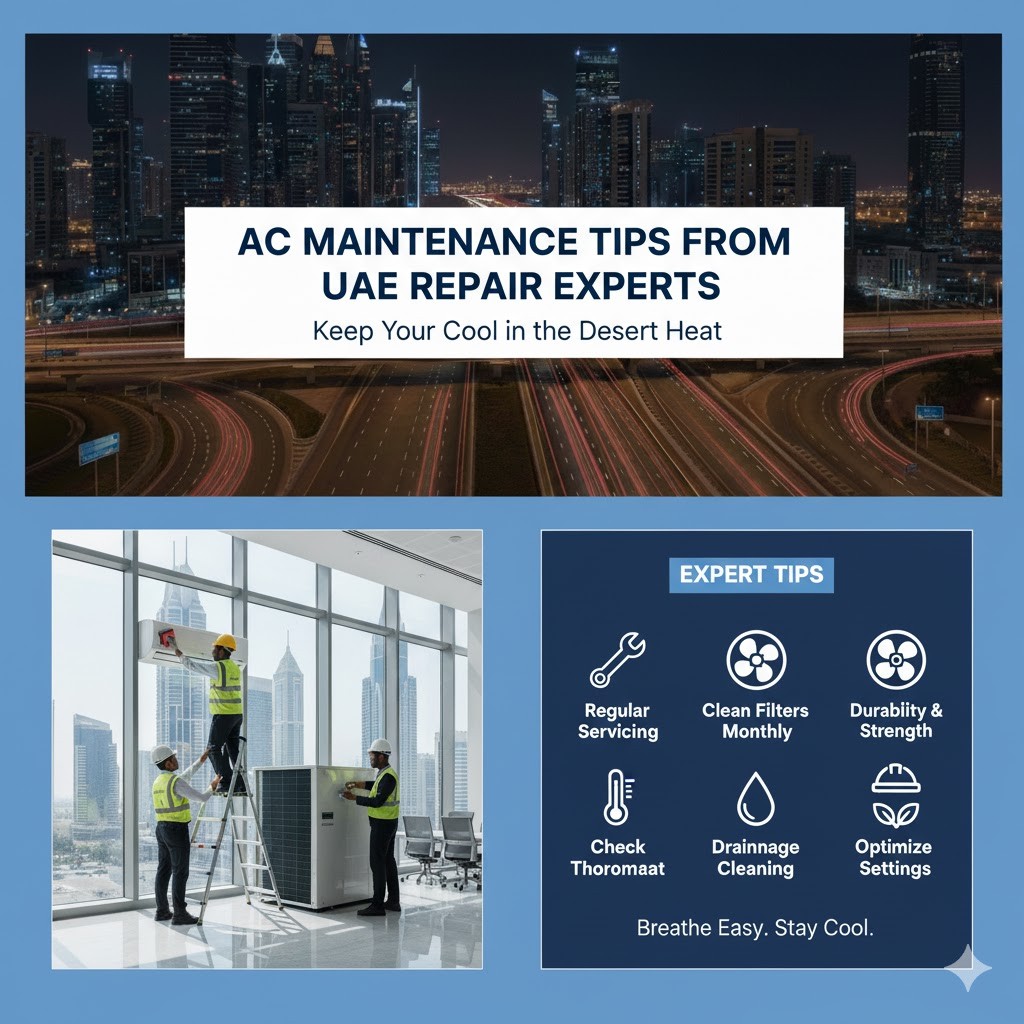
AC Maintenance Tips from UAE Repair Experts

How to Prepare for the GMAT: A Step-by-Step Guide
68ec9e22634a4.png)
10 Tips for Choosing the Right ERP Solution
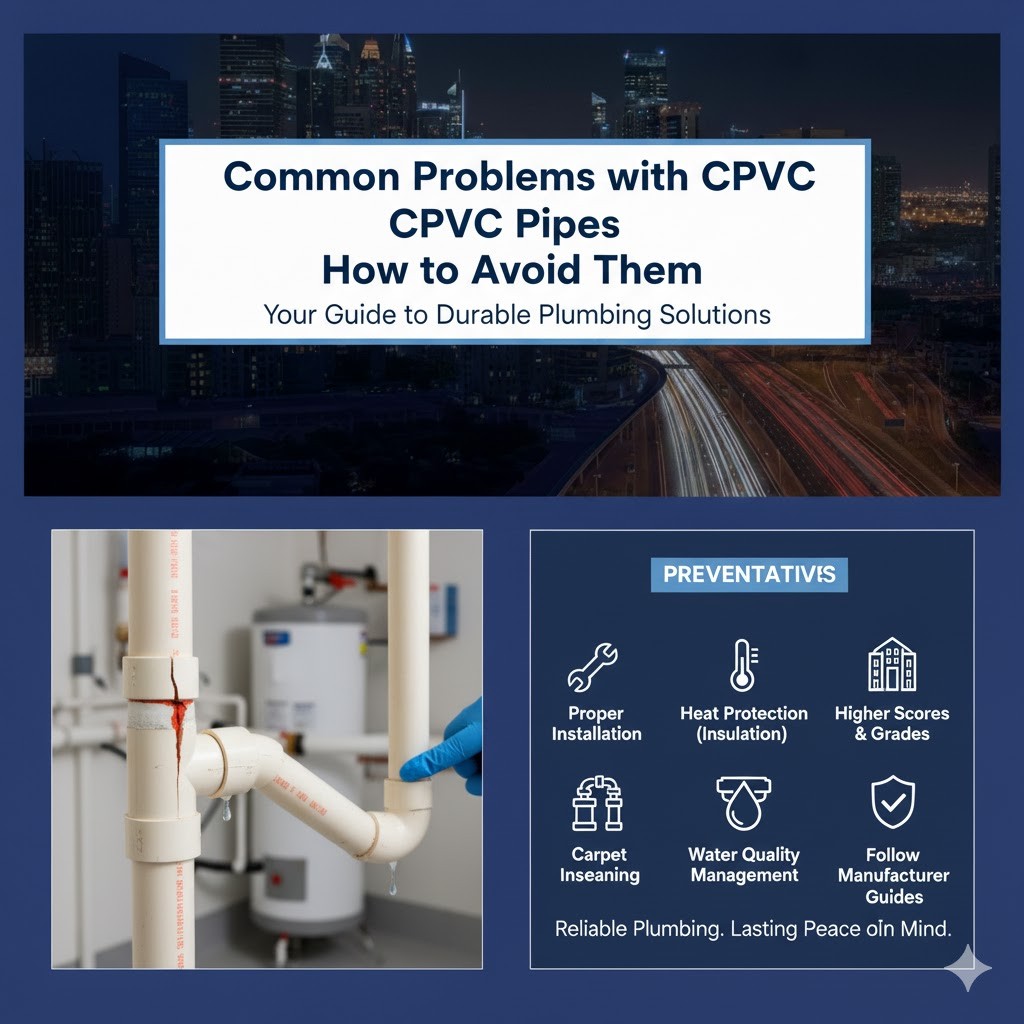
Common Problems with CPVC Pipes and How to Avoid Them

The Importance of SAT Practice Tests for SAT Preparation
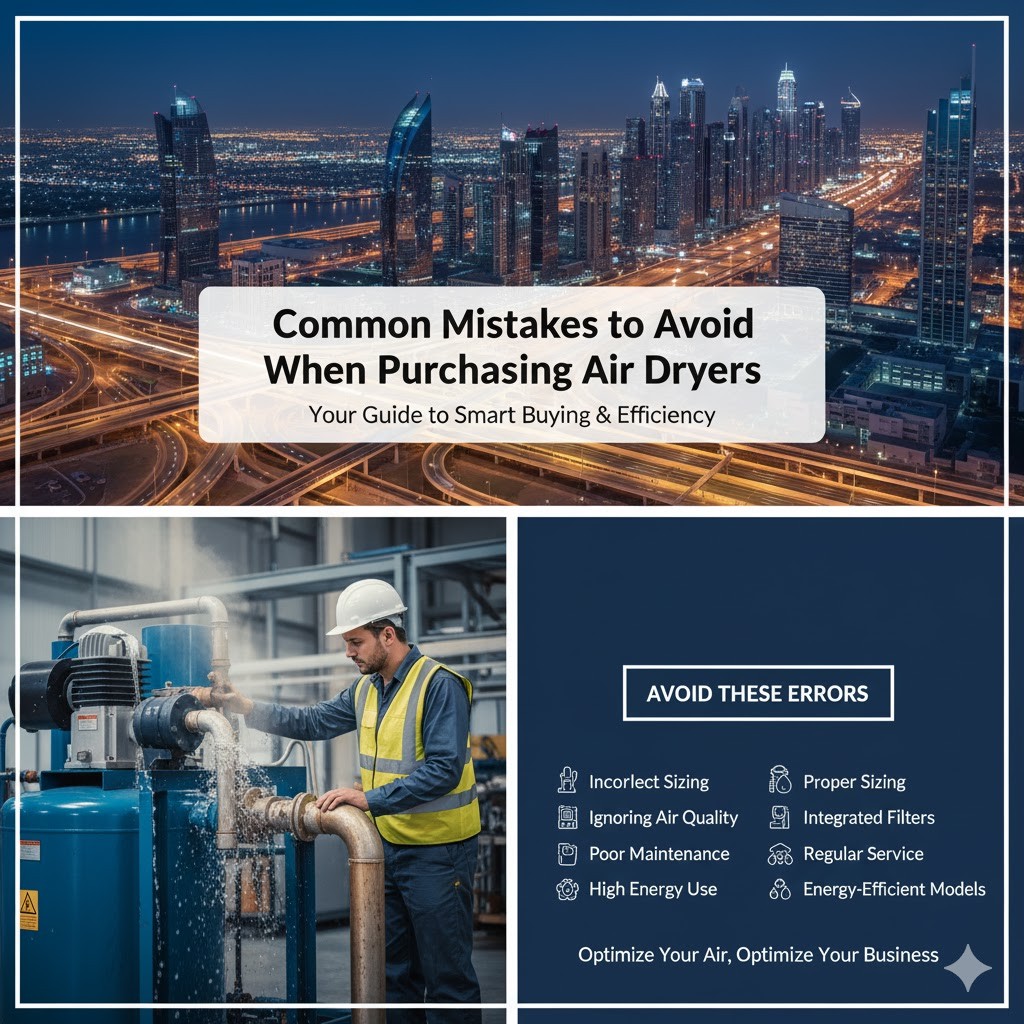
Common Mistakes to Avoid When Purchasing Air Dryers
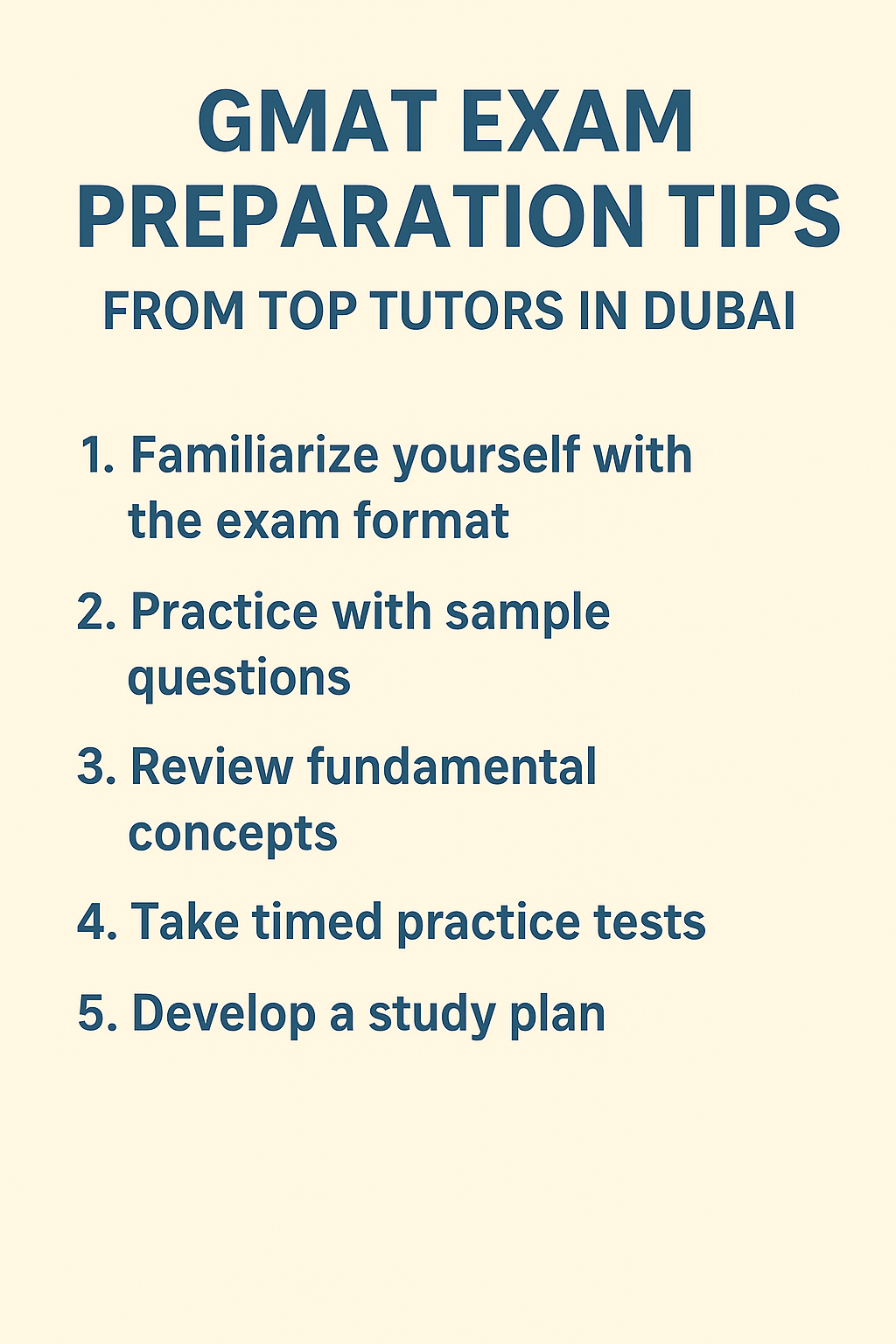
Gmat Exam Preparation Tips From Top Tutors In Dubai

Trusted suppliers of pvdf ball valves in uae - what to look for

How Ucat Classes Help Improve Your Cognitive Skills
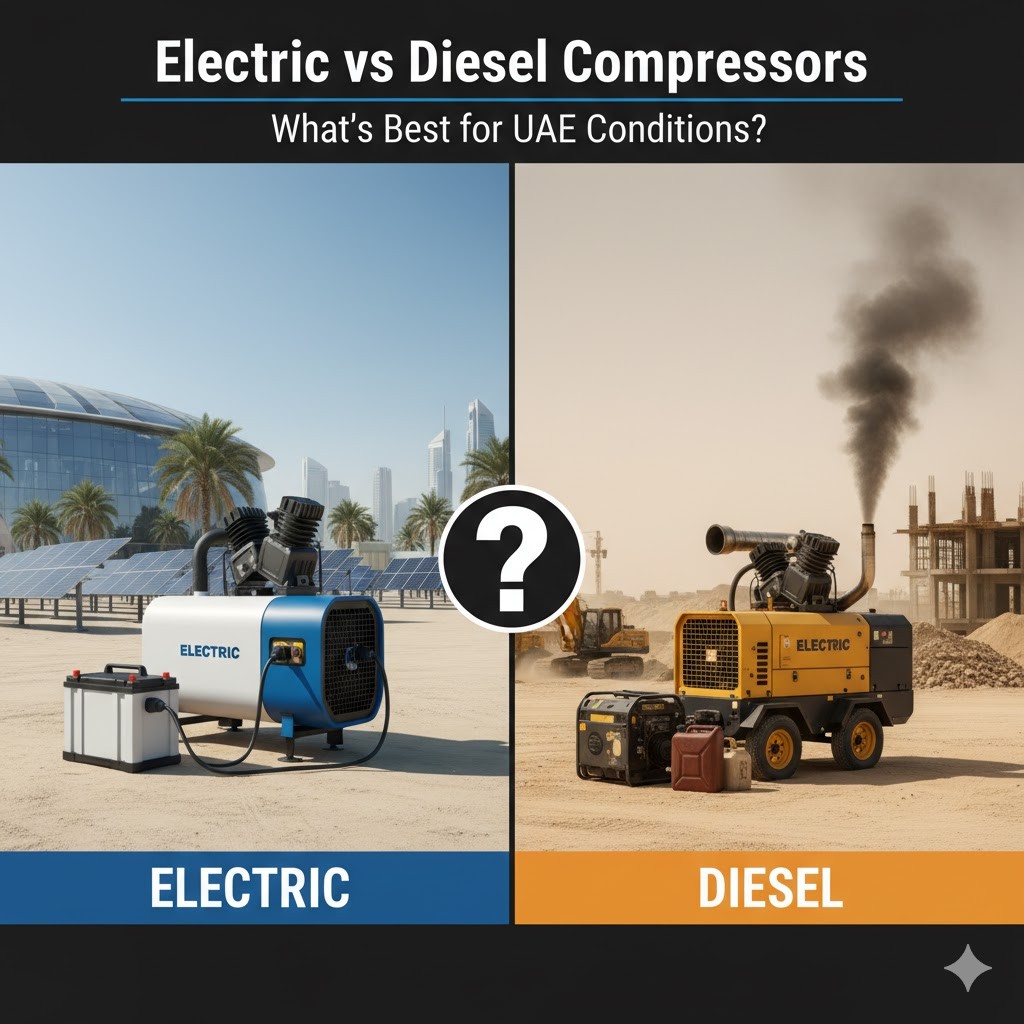
Electric vs Diesel Compressors: What's Best for UAE Conditions?

Cables For Automotive Industry: What Makes Them Different?

How Ap Chemistry Tutoring In Dubai Boosts Exam Confidence

Top 10 Citizenship by Investment Consultants in the UAE

Benefits Of Using Glass And Aluminium In Modern Construction In Uae

Top Benefits Of Joining Ib Maths Tutoring Classes In Dubai
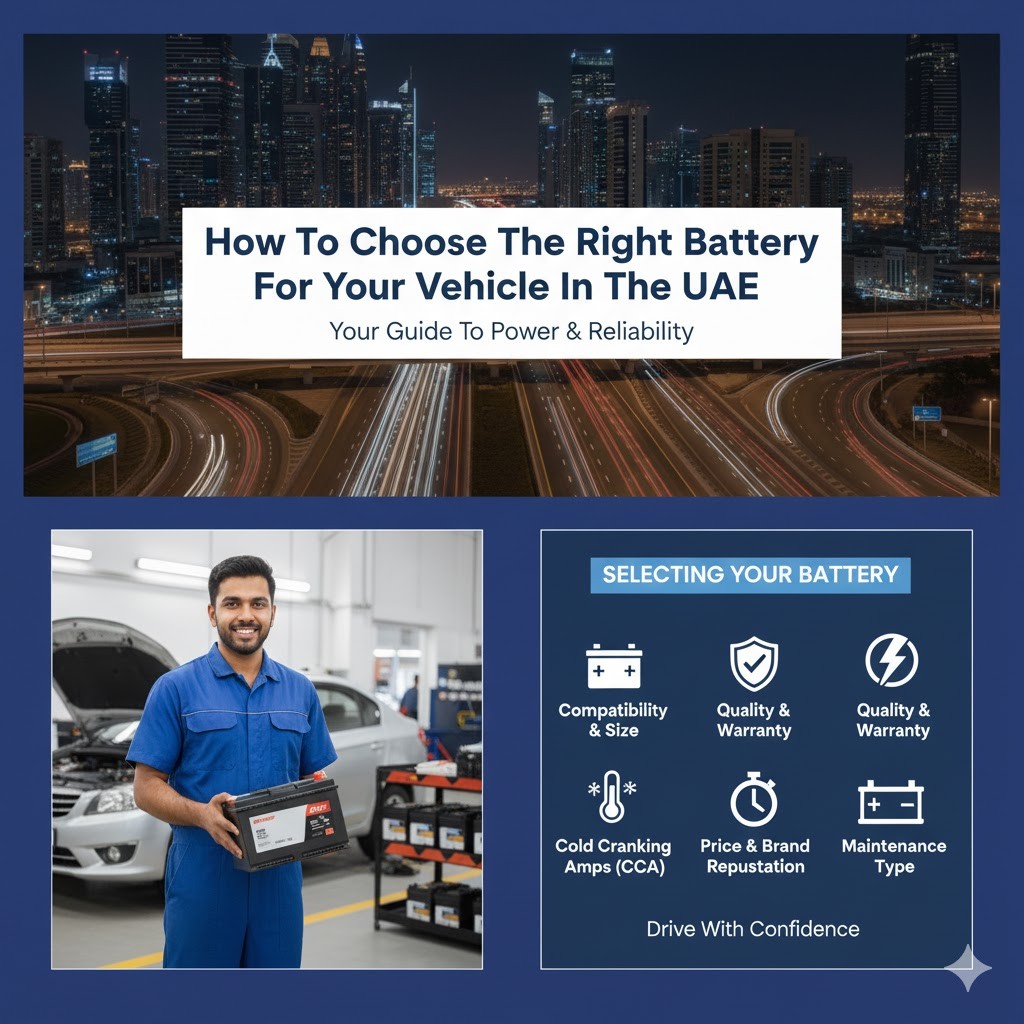
How To Choose The Right Battery For Your Vehicle In The Uae

How To Choose The Right Cable Manufacturer For Your Business Needs In Uae

Role Of Mock Tests In Gmat Preparation: Insights From Dubai Experts

How to Choose the Best Courier Service for Your Business Needs
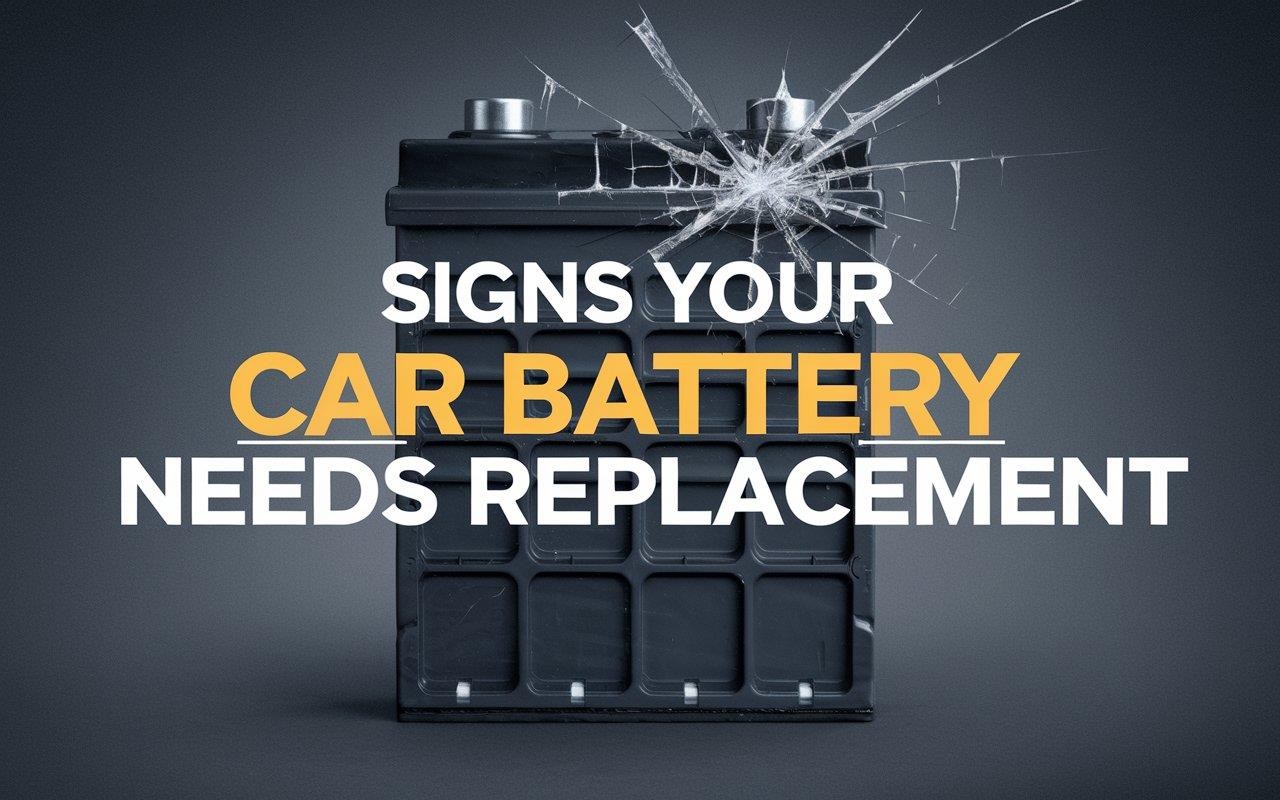
Top signs your car battery needs replacement in UAE
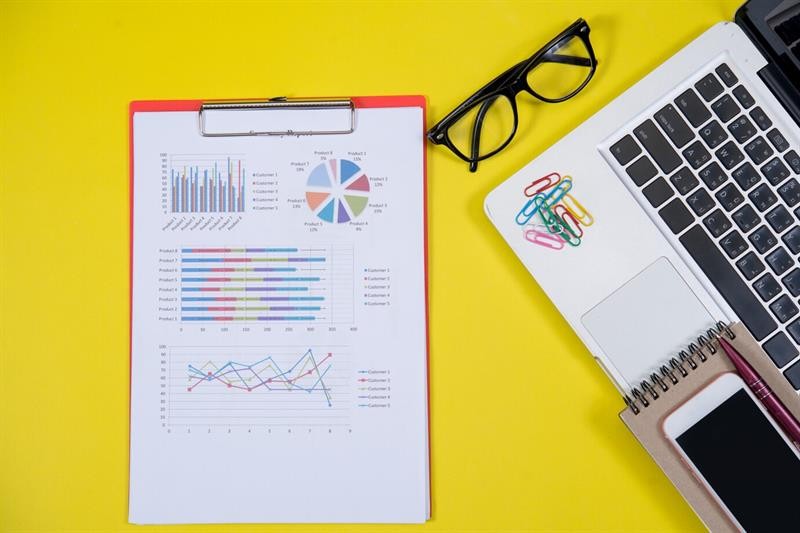
Understanding the Different Types of Audit Reports

The Importance Of Cleaning Your Ac Filters: Tips For Better Air Quality

5 Tips to Find the Best Personal Trainer in Dubai
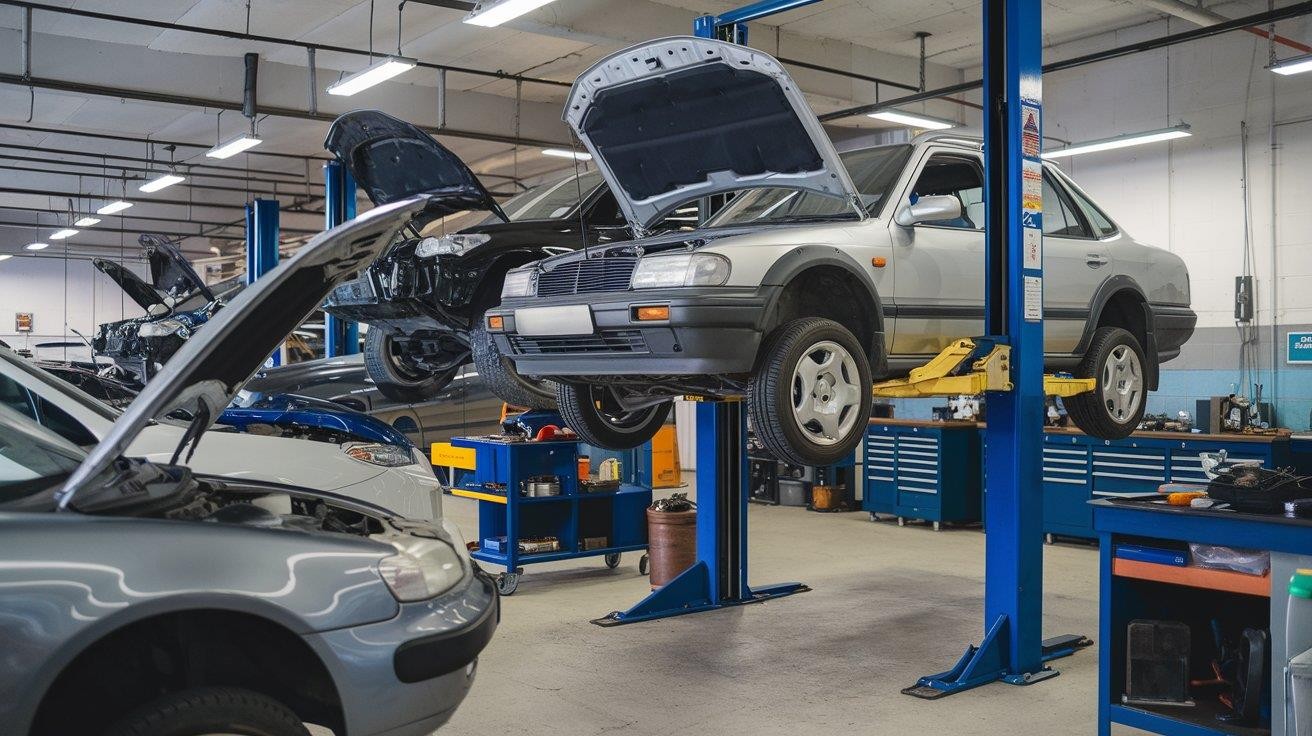
Best Car Repair Shops In Al Quoz
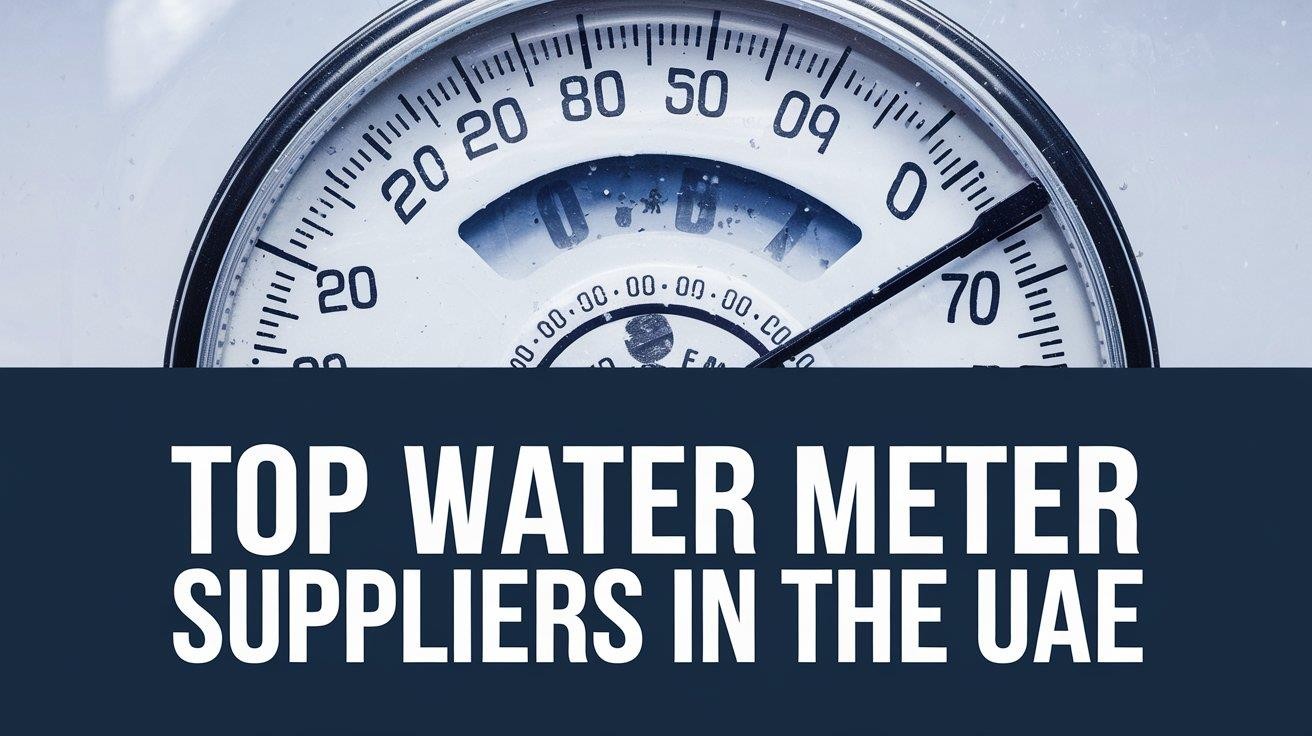
Top Water Meter Suppliers in the UAE

Best SAT Centers in Dubai
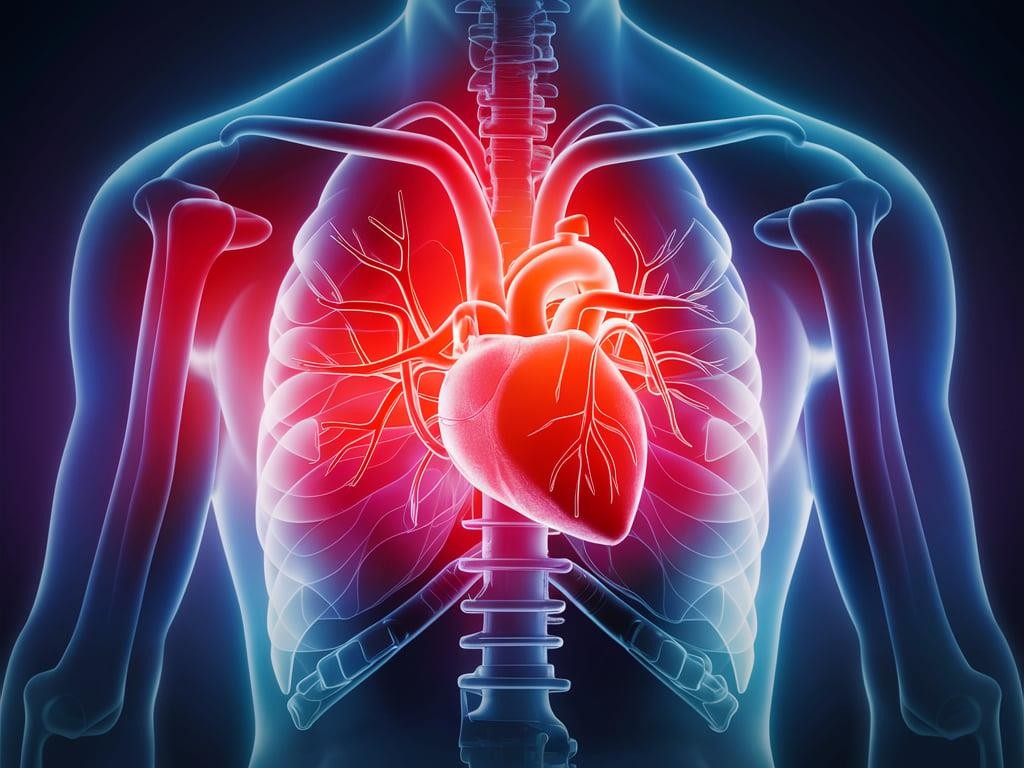
Top Cardiology Hospital in Dubai

Top homeopathic clinic in Dubai

Top 5 Flow Meter Suppliers in UAE

Top 5 Pipe Fittings Suppliers in UAE
68edf1fee9090.jpg)
Tips To Minimize Expenses In Your Business

Top 7 Budgeting Tips for International Students in Australia

10 Best Car AC Repair Centers In Dubai

Top 10 dermatology Hospitals in Dubai

Top 10 courier service companies in Abu Dhabi

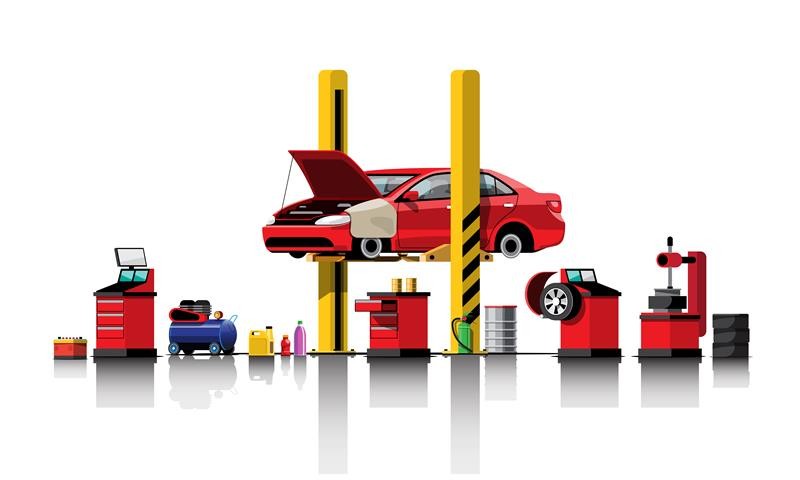
Top 8 Luxury car service centers in UAE

Common Myths and Misconceptions about IVF Treatment in Dubai

Top 10 Managed IT Service Providers (MSPs) in the USA
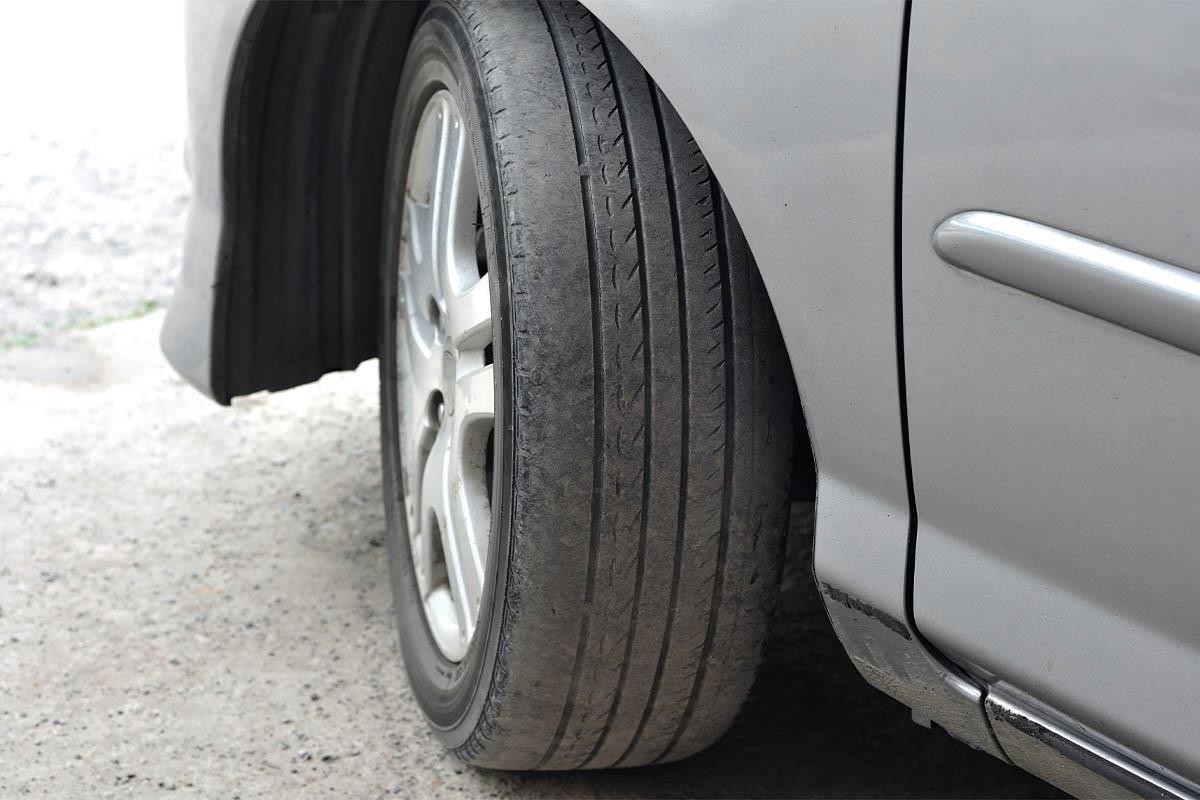
Best Car Tyre Brands for Dubai's Road Conditions
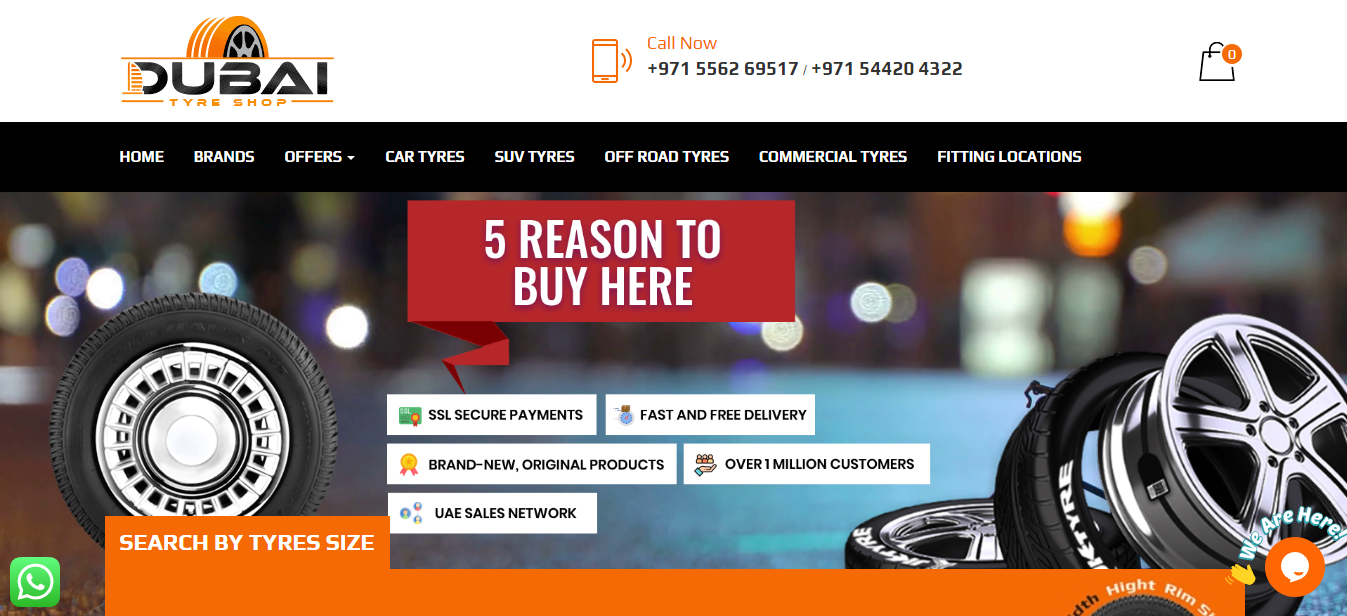
10 Best Pirelli Tyre Shops In Dubai
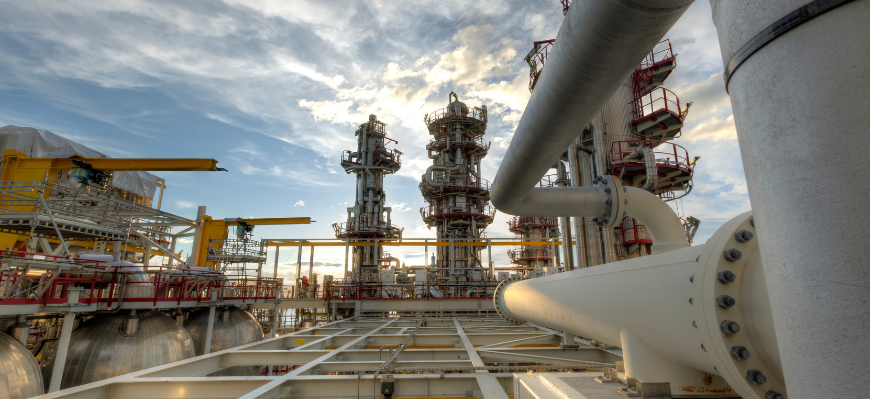

Top 7 Car Tyre Shops In Dubai

5 Common Mistakes Small Business Owners in UAE Make in Their Bookkeeping

Top 5 IVF Clinics in Dubai For Your Journey To Parenthood
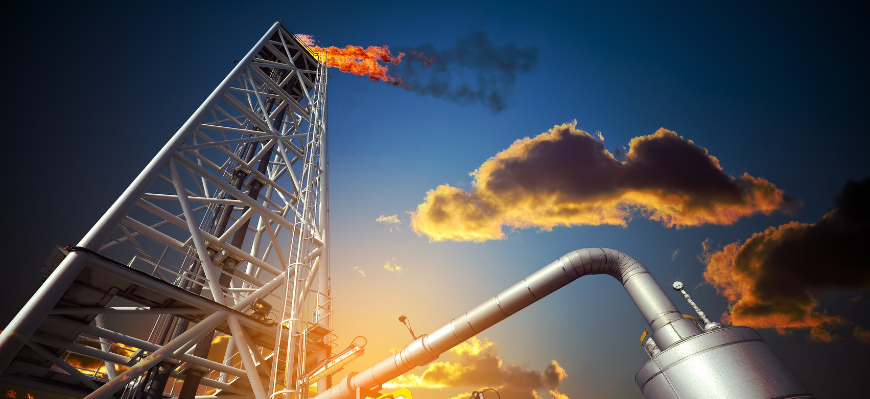
KOC Project of Visual Flame Detection Systems
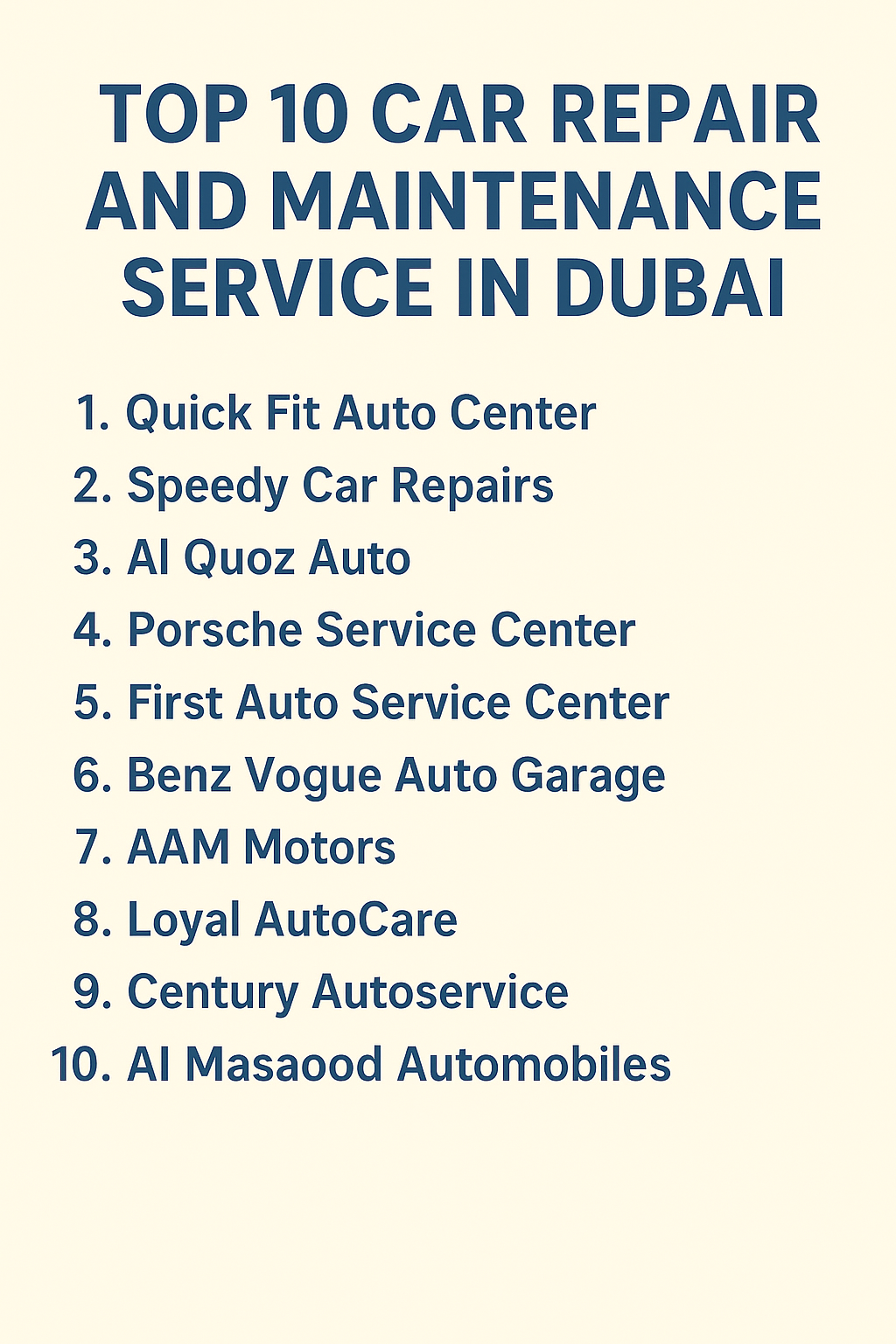
Top 10 Car Repair and Maintenance Services in Dubai

Top 15 Business Setup Consultants in Dubai

Top Ten Car Service Companies In UAE
68f0a0f5a49dc.png)

Top FIT OUT Companies in Dubai

Top 10 Manpower Supplying Companies in UAE

Top 10 GSuite Resellers in Dubai
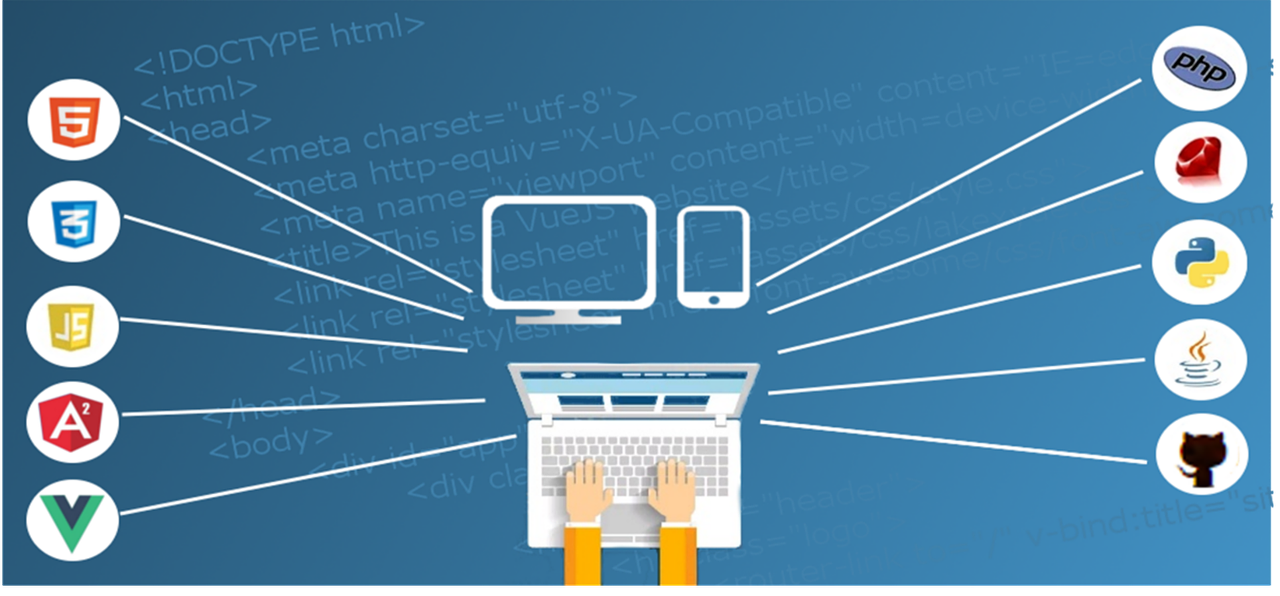
List of Best Custom Website Development Companies in Dubai

Top 15 Company Formation Consultants in UAE

Top Hyperbaric Oxygen Therapy Centres In UAE
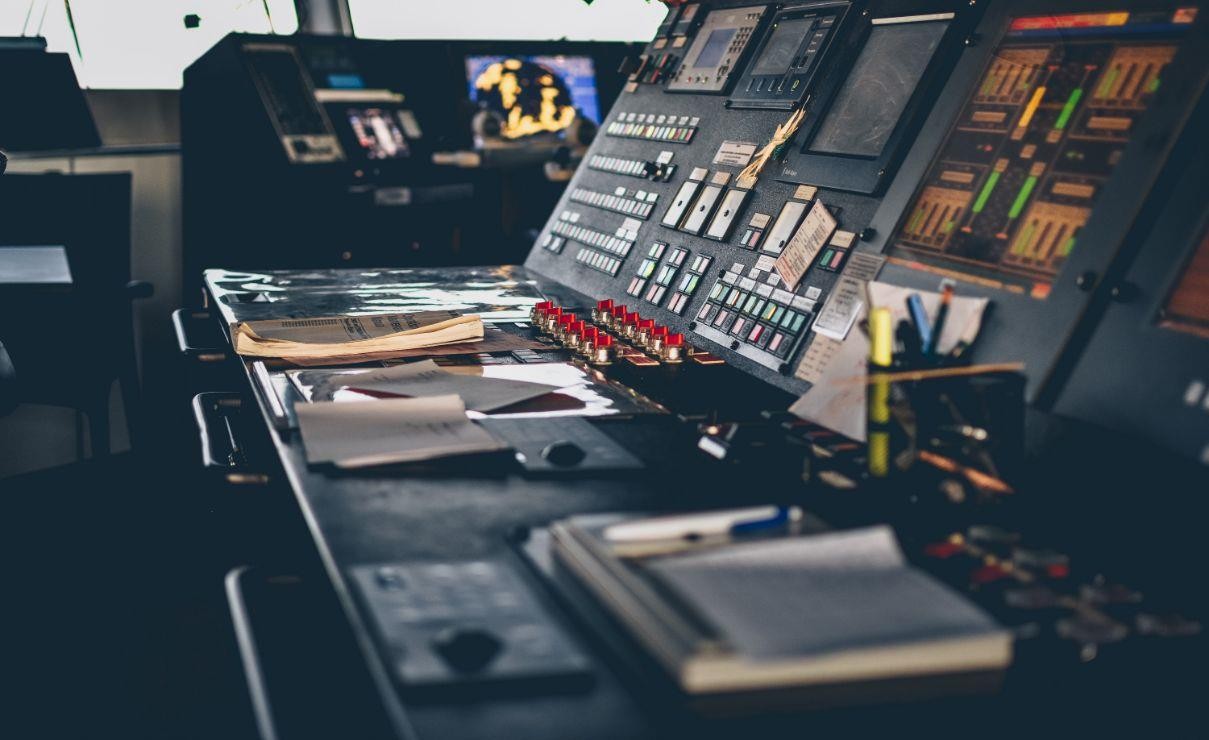
Top Control Room Solutions Providers in UAE

Top 10 accounting and auditing firms in Dubai, UAE

Top 10 Orthopaedic Hospitals in Dubai

UAE's Online Business Listing Directory Websites

Online Learning Platforms for Students

List of Web Designing Companies in Dubai

Study Abroad Destination: How To Choose the Right Country

9 UCAT Exam Tips For Success

Importance of Educational Certificate Attestation in UAE

Benefits of Implementing Electronic Document Management System

Procedures To Be Fulfilled By A Foreigner To Start A Business In Dubai
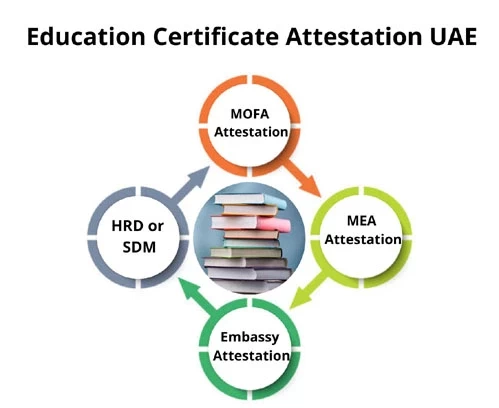
What Is The Importance Of Attesting Educational Certificates In UAE?
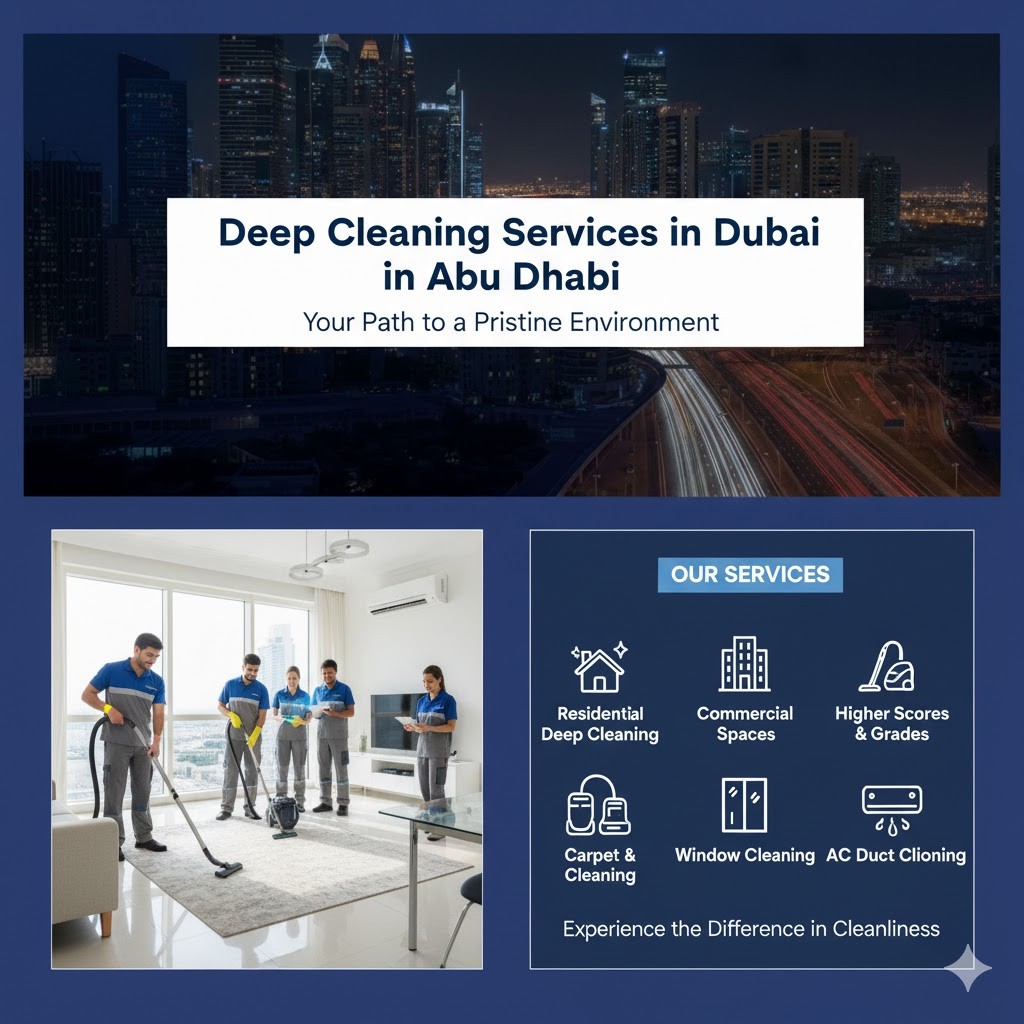
Deep Cleaning Services in Abu Dhabi

List of e-commerce development companies in Dubai

Top 10 social media marketing agencies in Dubai

Top Water Purifier Brands in UAE

